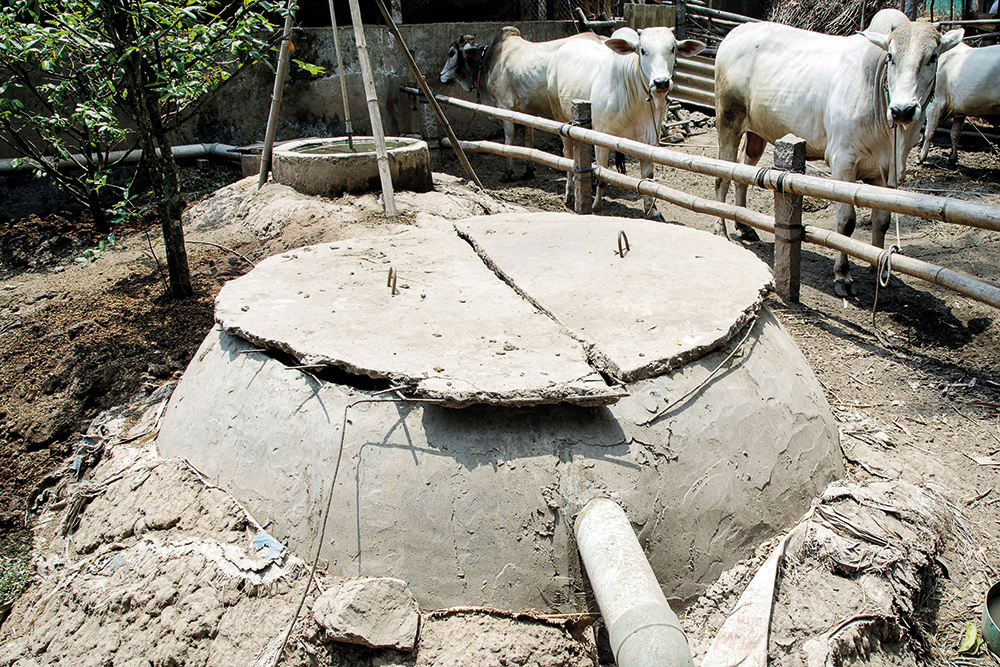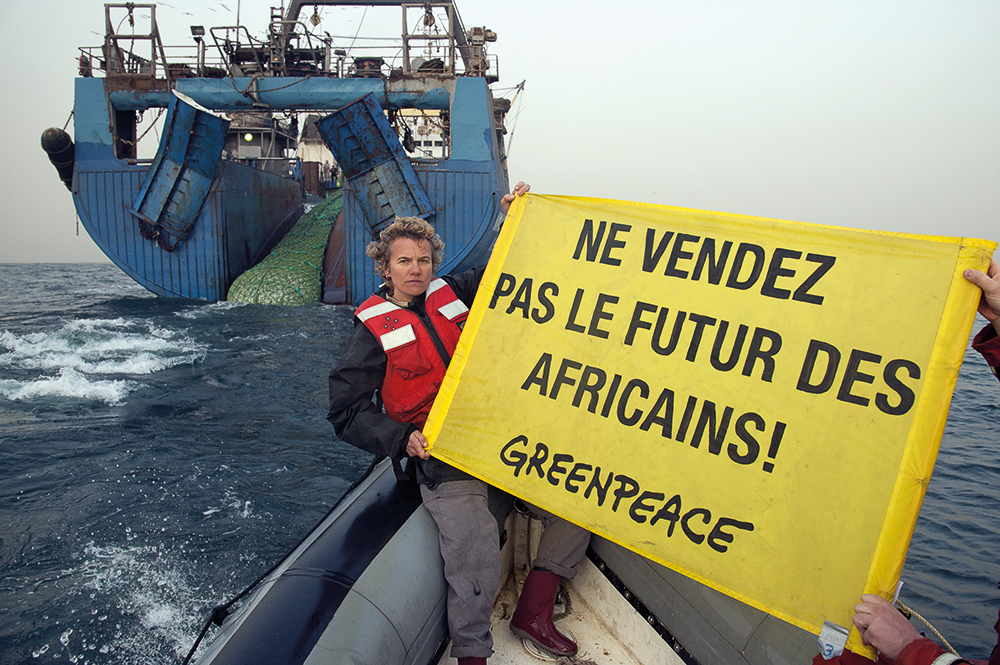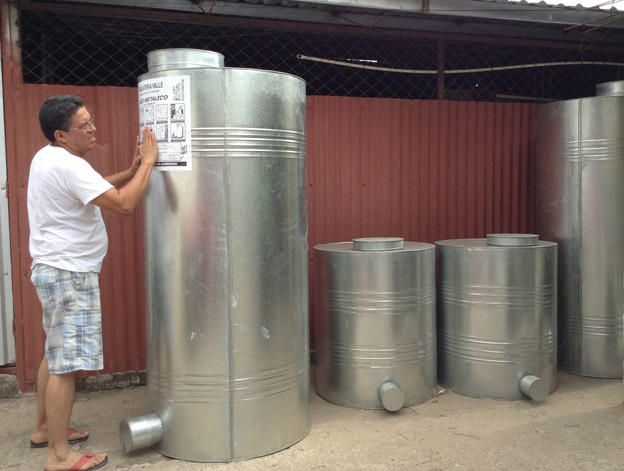DLG-Verlag was founded in 1952 as a subsidiary of DLG e.V. (Deutsche Landwirtschafts-Gesellschaft - German Agricultural Society) with its headquarter in Frankfurt/ Germany. The publishing company provides expertise for the agricultural and food sector.
With its subsidiaries Max-Eyth-Verlag and DLG-Agrofood Medien GmbH the DLG-Verlag offers books and magazines, as well as catalogs of the DLG's international DLG exhibitions.
Members:
Resources
Displaying 26 - 30 of 316Omena – small fish with a big potential for women’s business?
It would be difficult to imagine the diet of the local consumers around Lake Victoria without the silver cyprinid. The small fresh water sardine also plays an important role in women’s participation in Kenya’s fishery sector. However, in spite of intensive efforts, there is still a long way to go before they have achieved an equal role in the value chain.
Biogas in Vietnam: Simple technology with a major impact
Biogas in Vietnam is chiefly the story of the success of small domestic digesters. However, a feed-in tariff for electricity generated by biogas plants could soon lead to larger scale use of the technology, and so provide new sources of income for farmers.
Sustainable management of fisheries and aquaculture: a huge challenge for development cooperation
The global demand for fish and fish products is continuously increasing. However, fisheries management is still insufficient, leading to over-exploitation, illegal fishing and massive post-harvest losses. Our authors describe what has to be done.
SSF Guidelines: Vital momentum for small-scale fishers
With its Guidelines for Securing Sustainable Small-Scale Fisheries (SSF Guidelines), FAO has created a tool that is to help small-scale fisheries stakeholders empower themselves. Our authors describe its strengths and weaknesses and how it is being put into practice.
Insects – a protein source with a recycling potential
Like in other areas of livestock keeping, the growing demand for fish raises the question of how the feeding of animals can be maintained without competing with the provision of food for humans. The use of insect proteins could help save natural resources while simultaneously making use of organic waste.






